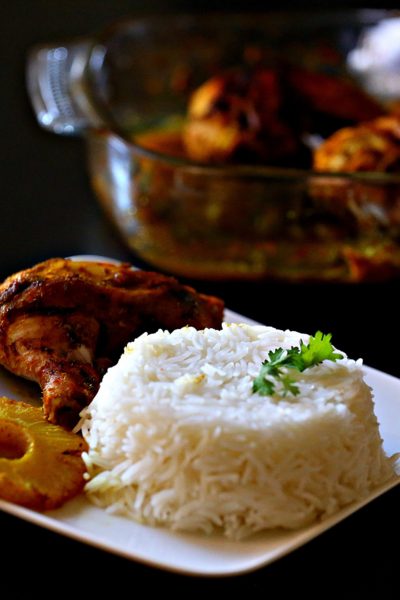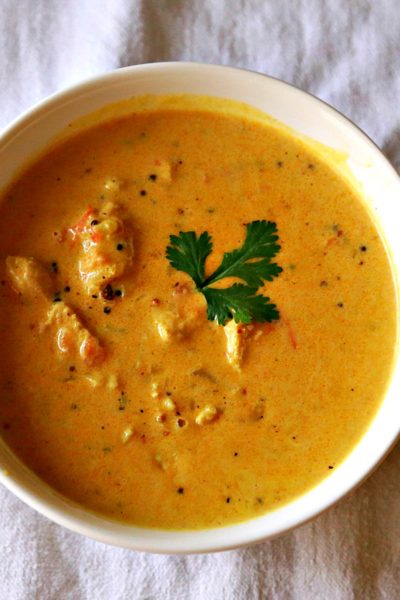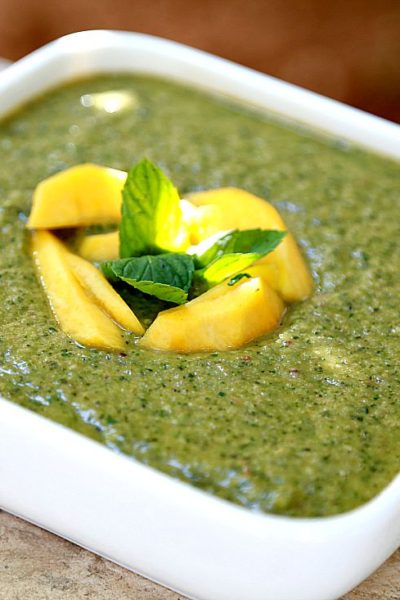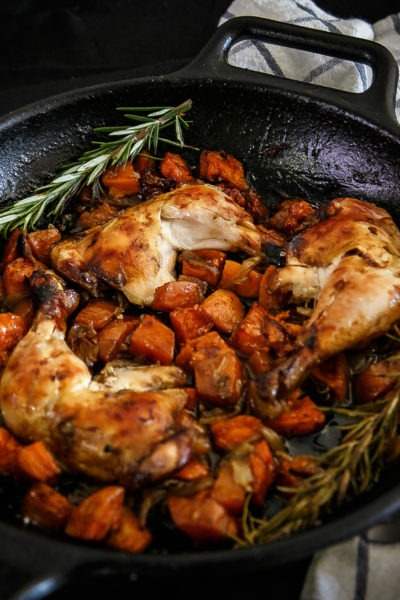In the last post, I talked about Ramadan, and what fasting means to Muslims, and why do they fast. Today we will discuss the effects of fasting on the body.

Update: Now you can check
Ramadan Healthy Iftar Menu (Week 1)
Ramadan Healthy Iftar Menu (Week 2)
Ramadan Healthy Iftar Menu (Week 3)
How your body obtain energy in fasting
I’ve discussed before the starvation mode in the body, when I wrote about intermittent fasting, and here I will explain it again for it’s importance.
-
The body uses glucose as main source of energy.
-
In case of fasting, the body starts getting energy from storage as glycogen (a very large molecule of glucose) in the liver, and muscles. It take hours (4-8) to deplete completely, and it also depends on the individual.
-
Then the body will start breaking down small amounts of protein to get the energy.
-
For any organ that doesn’t need glucose, the body use fat also as a source of energy in ketone bodies form. If the starvation continues, the effects of ketone may be harmful for the body, and it depend’s on the individual health.
However, in Ramadan, the body won’t enter starvation mode, because Muslims break the fast every night, and replenish their bodies with energy from different food groups. Ramadan fasting is not meant to harm the body, but to makes you feel how poor suffer to get food on the table.
Generally speaking, fasting offers some health outcomes. Here is a recent study claims that Fasting can promote longevity , and even improve immunity. And it’s possible that empty stomach makes you smarter. Keep in mind that anyone who has chronic disease usually allowed not to fast, but this issue need to be individualized.
Update:
2021 .. New Study ..
Gherlin, and leptin are hormones and responsible of feeling of hunger and fullness
*** I read some new studies since this post is old. Some studies found that fasting doesn’t affect blood glucose, and some also find that LDL rise in some patients. Fasting offers health benefits, however what do you eat is extremely important. You may harm yourself and gain pounds of weight, instead of clearing your mind, and improve your health.
Ramadan and diabetes
This is a grey area, while there are some studies and reviews in favor for fasting, there are lots of education needed for diabetic management during Ramadan, and it’s highly individual. This means the well being of the patient before Ramadan, whether he/she take pills to control diabetes, or not. All of this affects the patient’s health during fasting.
Fasting may increase insulin sensitivity, but there is no enough evidence for this claim. Patients who take insulin injections usually allowed not to fast, because of the danger effects of neglecting, or delaying injection.
Ramadan and cardiovascular diseases
As I mentioned above, after 10 hrs the body enter the starvation mode, and start getting energy from unusual sources. In a study for pre-diabetic people, they found that fasting makes the body looking for energy through different actions, and one of them is to pull the LDL from the cells, so with repetitive fasting, this action will decrease the level of LDL.
Ramadan and pregnancy
To fast or not to fast, it’s always an issue for a pregnant women in Ramadan. Usually they allowed not to fast, but it’s preferable for them to try fasting, and see how their bodies reacted. Fasting for a pregnant woman depends on:
- The overall well being of her before, and during the pregnancy.
- How many hours of fasting, and the temperature where she lives.
- What trimester she is in, and if she needs supplements or not.
- If she has diabetes or gestational diabetes. In this case Dr. strongly advises not to fast, and if she must do, she should be aware of the consequences.
When I was pregnant, I did fast 10 days from the month. In the beginning, the fasting hours were reasonable. Most of the time I was in an air conditioned places, and I was almost finished with the first trimester with good health.
But since I came to the U.S that year, through a very long flight, I came to a zero pantry! And bad food choices was all around. I couldn’t make it! I didn’t fast for the rest of the month. I was making my own judgment of how well I feel, but it wasn’t an easy decision.
Ramadan and weight loss
When you think of skipping a meal or two, you definitely think of weight loss, but that’s not what always happen. If you fast for long hours, then stuff your stomach with high carbohydrates, high fats, and high caloric food, the opposite may happen, and you will put on weight! The essence of Ramadan is to eat just what makes you through the day, stuffing is not recommend by dietitians, or either religiously.
Final notes
What do you eat through the allowed eating hours is crucial to your health, fasting may cause headaches, dehydration, and stress. All of these symptoms can be alleviated by good nutrition, and good sleep.
It is critical for anyone who has health problem to consult a nutritionist, or a dietitian to help him/her going through the month. And for healthy people they should just follow healthy eating strategies as any other day they would.
Disclaimer: This post is not meant to give medical advice for who should fast and who should not . This post also is not meant to give a fatwa or Religious advice.






Finaly fasting is good or bad?
Yes, its very good for the body